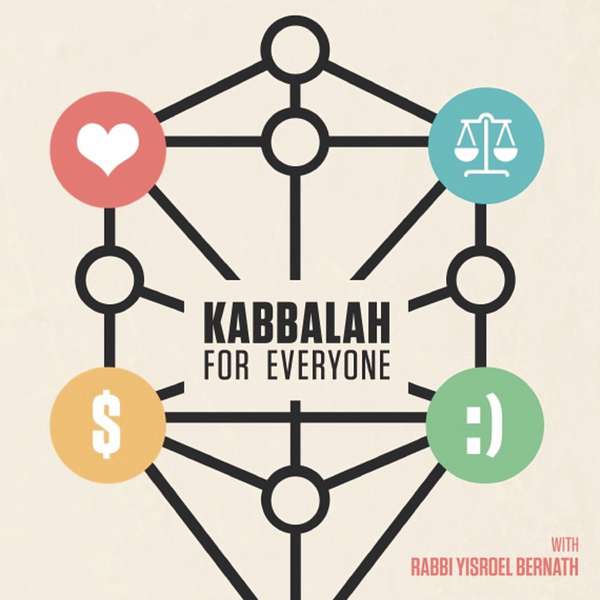
Kabbalah for Everyone
You have probably heard about Kabbalah either as a Hollywood phenomenon or something that is beyond the world that we live in. Kabbalah actually has incredible secrets that can transform your daily life. This is your chance to connect to this incredible ancient wisdom and change your life for the better.
Cherished for his incredible warmth and non-judgmental personality, this hipster is not your typical rabbi. He is real, raw, unconventional and loved by thousands across the world. Rabbi Bernath has been teaching Kabbalah for over 15 years. He is also the author of three books, and continuously produces engaging content on his many social media & podcast platforms. As a professional voice-over artist, screen-writer and documentarian, he has been a part of dozens of productions, including the award winning CBC Documentary "Kosher Love".
Kabbalah for Everyone
Who Really Wrote the Torah? A Conversation on G-d, Truth, and the Power of Ideas
In this heart-open, mind-stretching class, Rabbi Yisroel Bernath dives headfirst into one of the most profound questions ever asked: Who wrote the Torah and what do we mean by G-d? Sparked by a challenge from Ilana, a thoughtful soul who just "won the raffle" and then handed Rabbi Bernath some of the hardest theological questions he's faced, this class isn't a debate, it’s a bridge. Drawing from Torah, Talmud, Rambam, Tanya, Harari, Einstein, Spinoza, and Chassidic mystics, we explore traditional belief, academic scholarship, and the honest soul-searching that sits between them.
Is the Torah a divine blueprint or a human masterpiece? Or… could it be both?
Together, we walk a path between Sinai and the seminar room, from ancient revelation to modern doubt and discover that sometimes, the questions themselves are the invitation to a deeper relationship with truth.
Key Takeaways:
- Traditional Belief Holds Depth: Torah mi-Sinai means Moses recorded divine revelation over 40 years. It's not simplistic, it’s layered and deeply rooted in Jewish collective memory.
- Modern Scholarship Brings Honest Challenges: Thinkers like Harari argue that the Torah was assembled over centuries, reflecting political and social needs. These critiques must be addressed, not ignored.
- Kabbalah and Chassidus Provide a Bridge: Divine revelation doesn’t exclude human expression. The Torah flowed through Moses’ voice and personality, G-d worked with human vessels.
- Assumptions Shape Interpretation: Believers and skeptics alike interpret the same data through different axioms. Acknowledging this fosters respectful dialogue rather than defensiveness.
- The Torah’s Endurance Is Itself a Testament: Its moral vision, power to unite, and enduring relevance across time and culture hint at something more than human genius, it points toward the Divine.
- This Is Not About “Winning” an Argument: It’s about honesty, humility, and the courage to explore big questions together.
- The Torah Is a Living Document: Beyond history or philosophy, Torah continues to speak—not just inform, but transform. That may be its greatest proof of all.
#Torah #God #Judaism #sinai #Moses #Divinerevelation #Documentaryhypothesis #YuvalNoahHarari #Kabbalah #Jewishtradition #BiblicalCrticism #Tanya #Spinoza #chassidus #Faith #theology
Got your own question for Rabbi Bernath? He can be reached at rabbi@jewishndg.com or http://www.theloverabbi.com
Single? You can make a profile on www.JMontreal.com and Rabbi Bernath will help you find that special someone.
Donate and support Rabbi Bernath’s work http://www.jewishndg.com/donate
Follow Rabbi Bernath’s YouTube Channel https://www.youtube.com/user/ybernath
Access Rabbi Bernath's Articles on Relationships https://medium.com/@loverabbi
Podcasts we love
Check out these other fine podcasts recommended by us, not an algorithm.

Daily Jewish Thought
Rabbi@JewishNDG.com (Rabbi Yisroel Bernath)
The Love Rabbi Podcast
Rabbi Yisroel Bernath
Kosher Wine Podcast
Dr. Kenneth Friedman & Rabbi Yisroel Bernath